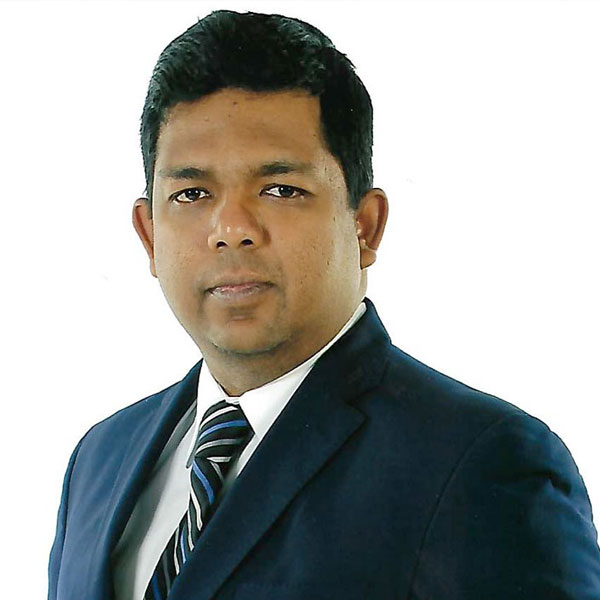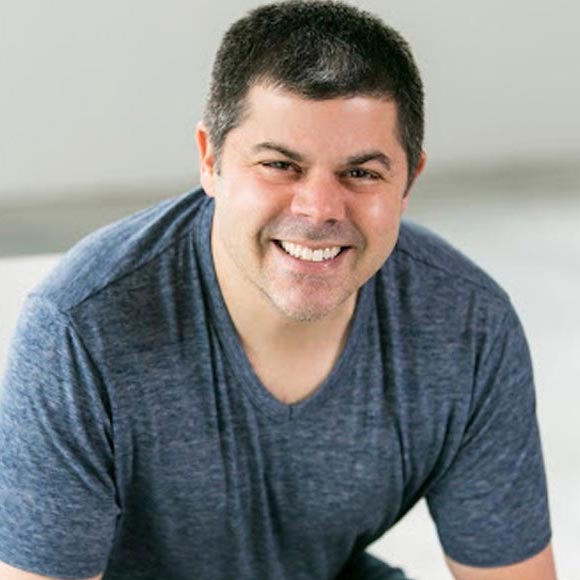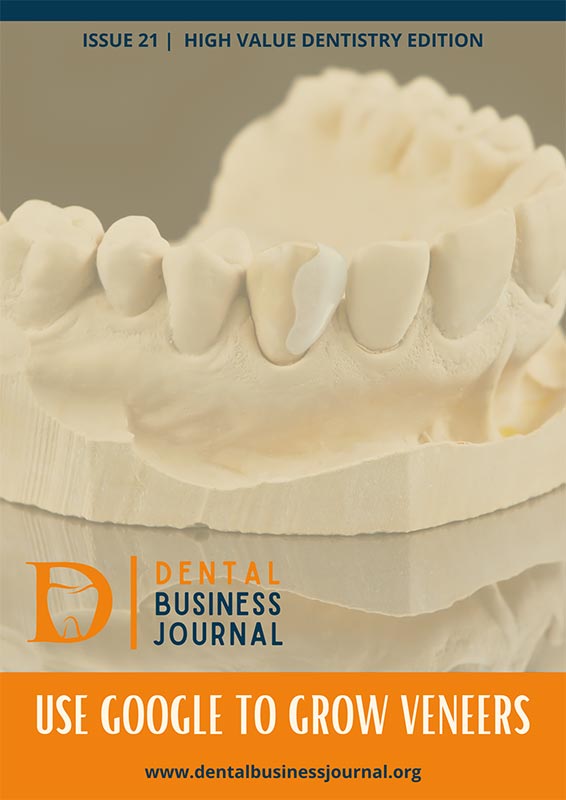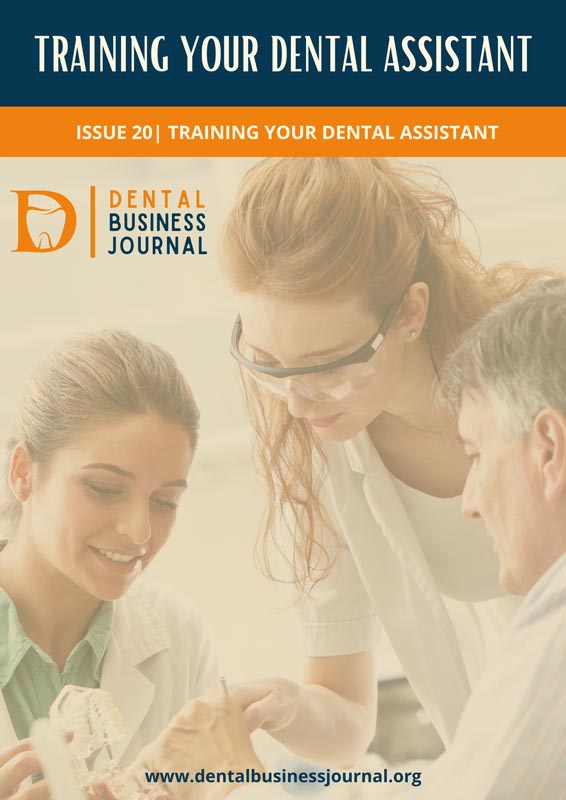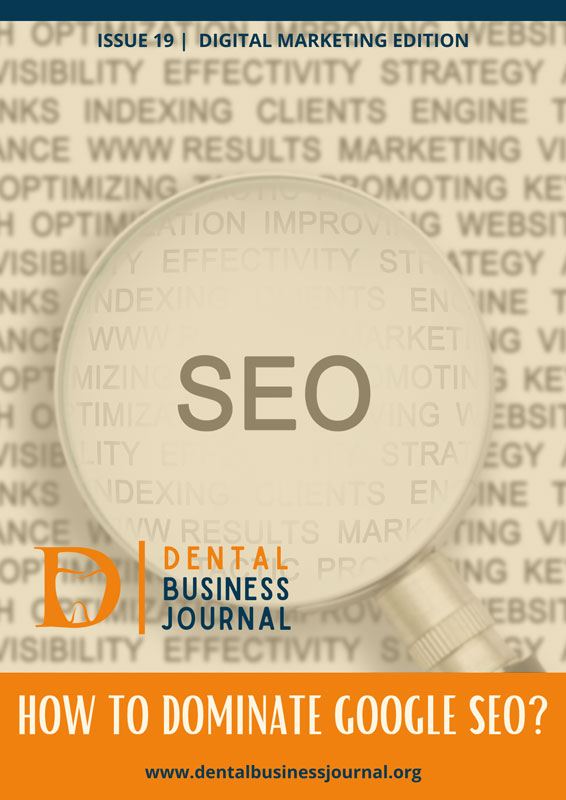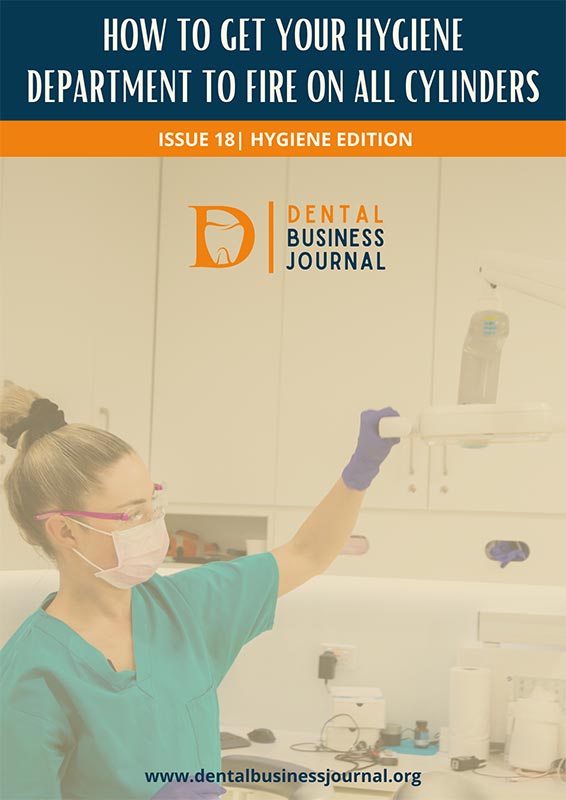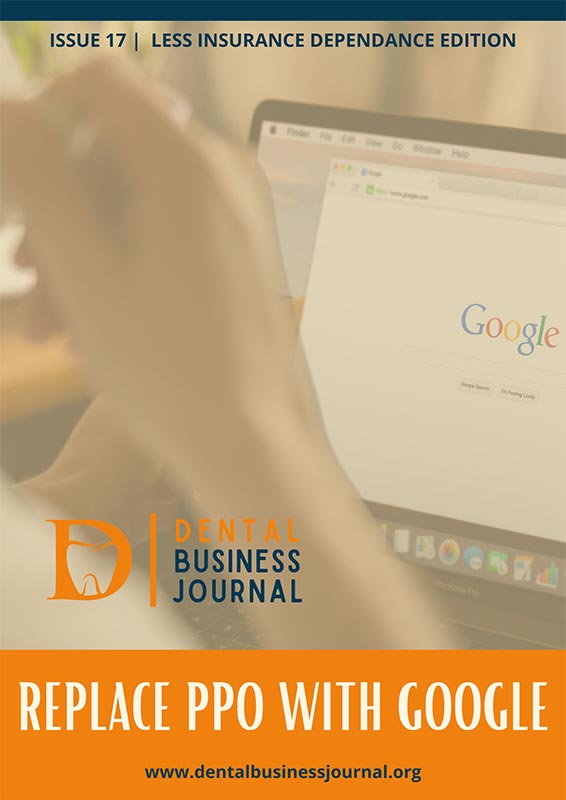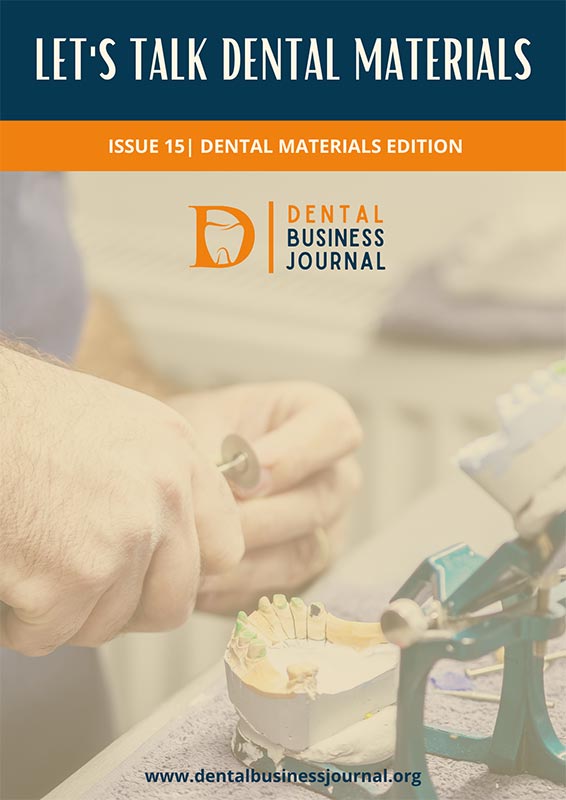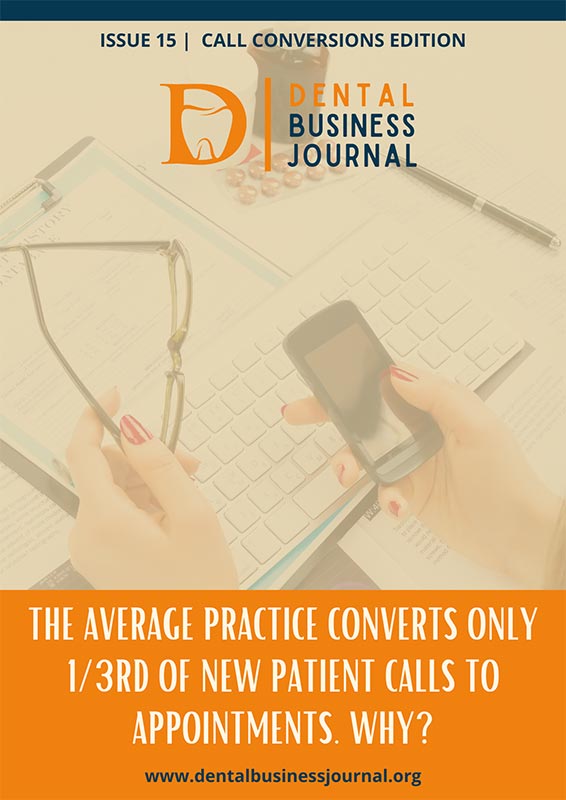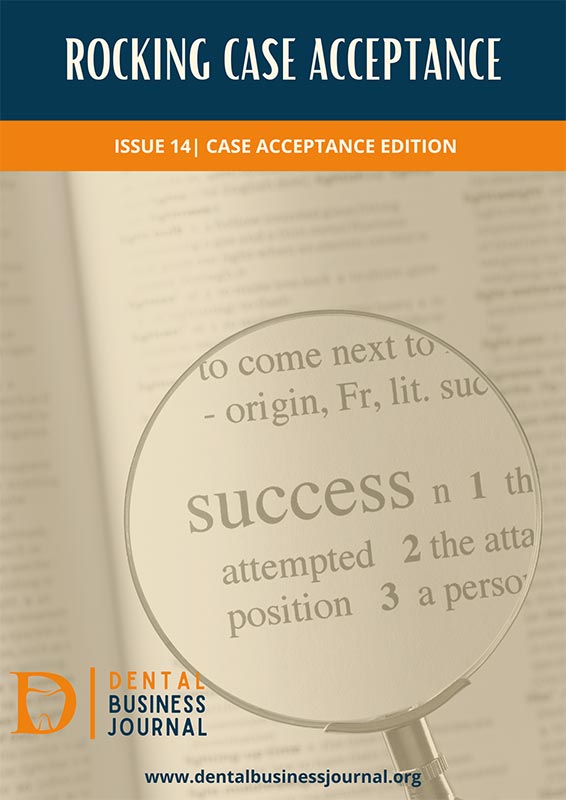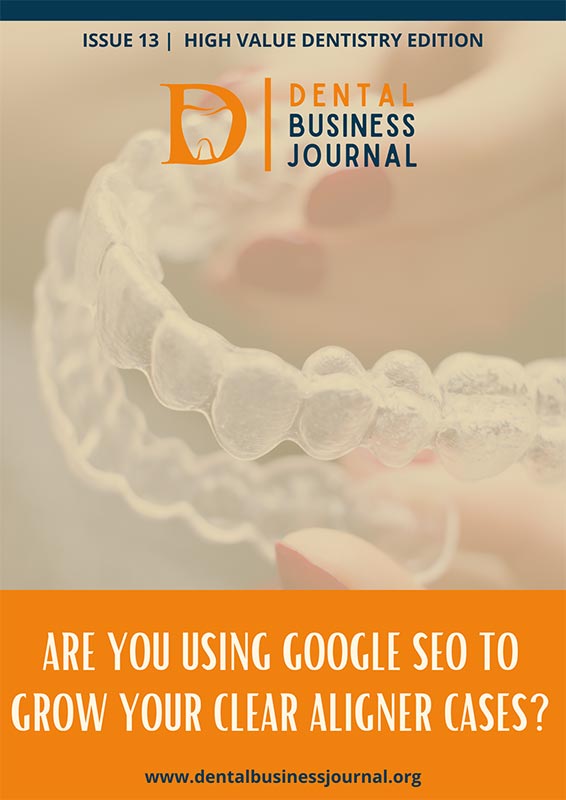Keys to Success with Everyday General Dentistry
General Dentistry is on the front lines of good oral hygiene. A stable system is vital to ensure that your dental team does not feel burned out and the procedures are done accurately. In this article, Dr. Eric Block covers how he uses workflows and a sound hygiene system to facilitate this.
Importance of Morning Huddles
A quick morning huddle, 5-7 minutes long, helps you build a plan before you begin the day. It is a chance to go through your day’s tasks with your team and plan what you can prioritize. Some examples are opportunities for same-day dentistry, how you can fit in emergencies, who needs help with X-rays, any unscheduled treatments, family members, and patients needing cleanings. Once you set the foundation at the start of the day, everyone in the team will be on the same page, and it gets easier to understand each other’s roles.
The Role of Anesthesia
Workflows help significantly as it puts your brain in an automatic mode, almost like a cookbook. Anesthesia is used in most procedures, like implants, composites, crowns, and fillings. You can use an endo ice test. Before drilling on a tooth, spray a cotton swab with cold endo ice and put it on the tooth. If the patient feels cold, you will know instantly that they have not been numbed properly. It’s better to ensure they are completely numb before you start drilling. Therefore, continue to give anesthesia before the procedure begins.
Composite Restorations
Composite restorations are time-consuming and take most of your energy away. However, you can mitigate this issue by integrating a workflow to your plan to do back-to-back class 2’s like a #19 MO or #20 DO simultaneously by using one wedge, two bands, and one ring. An isolation device can help isolate the area and create nice dry fields. Your workflow may differ from other dentists, but the bottom line is that you prepare a tailored workflow to make a procedure easier for you.
Implant Restorations
Implants are a big part of general dentistry. If you do not possess sufficient training in restoring implants, you must go out there and get trained. Of course, the surgical aspect of it takes a lot more education. But if you use the same principles, you can efficiently scan, impress, and insert an implant crown like a natural tooth crown. 95% of my implant restorations are full zirconia screw-retained restorations. I have the lab lute the crown to the abutment and leave a screw access hole, so I don’t need to deal with cement.
Bleaching, Night Guards, Sealants, Fluoride
I would call these procedures the “icing on the cake.” Many dentists believe that if we work harder, we can be more productive, but you can’t keep that up without burning out. Delegate procedures like bleaching, night guards, and sealants to your hygienists and your assistants, and it is always a good idea to track these procedures on a weekly or monthly basis. These tracking metrics are known as KPIs or Key Performance Indicators, and you can view which staff members are presenting and performing more treatments. Use this not to keep score as a competition but to find out from the strong performers how they can help the weaker performers improve their case acceptance.
Importance of a Strong Periodontal and Hygiene System
A dentist and team must know when a patient needs scaling and root planing, when to refer to a periodontist, when a patient needs gum grafts, and your x-ray policies. Most importantly, know that your team can think alike and complete their tasks on time and with minimal supervision. Review this system regularly, especially if there’s a new team member, so they know all your periodontal policies. Once your hygiene team buys into the system and is on the same page, it paves the way to having maximum productivity and efficiency in your practice. A stable system and process will enable the team to focus solely on the decision-making of the procedures and treatments and not worry about trivial routines.
Get your hands on the 12-month plan during this Ekwa consultation, valued at $900.00 but absolutely free for our listeners! Consider it our gift to you!
Do you want to listen to the official podcast episode of this journal?
Watch the full interview on YouTube!
Subscribe and get notified of more episodes like this!
